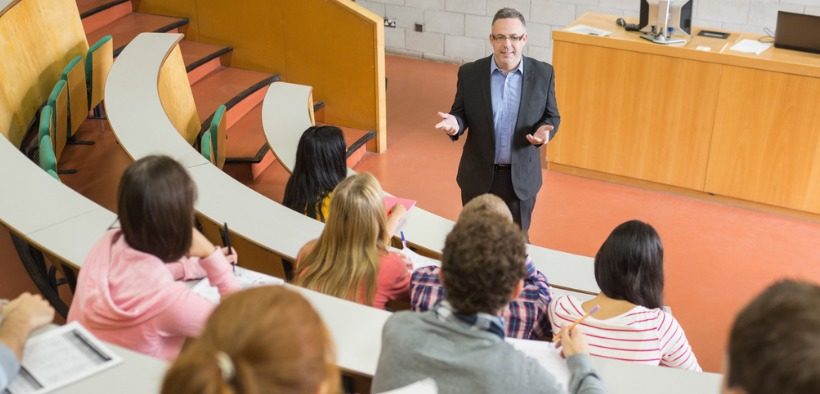Most teachers still lecture a lot despite evidence showing that straight lecture is less effective than teaching approaches that more actively engage and involve students. I don’t think that conclusion rules out didactic instruction. Sometimes it makes sense to just “tell” students about the content. Should we lecture less? For most of us, the answer is yes. But here’s a new response and it moves our thinking in a different direction. In a recent “teacher-ready research review” (one of an ongoing series in the Scholarship of Teaching and Learning in Psychology about which I cannot say enough good things), William Cerbin proposes “a focus on the processes of learning, how and why students learn or do not learn from lectures. If students learn less or do not learn from lectures, we should try to identify the underlying causes and then work on improving the method.” (p. 152)
Lectures and Prior Knowledge: Helping Students Make Sense of New Material

Related Articles
I have two loves: teaching and learning. Although I love them for different reasons, I’ve been passionate about...
Active learning is a mostly meaningless educational buzzword. It’s a feel-good, intuitively popular term that indicates concern for...
Perhaps the earliest introduction a student has with a course is the syllabus as it’s generally the first...
Generative AI allows instructors to create interactive, self-directed review activities for their courses. The beauty of these activities...
I’ve often felt that a teacher’s life is suspended, Janus-like, between past experiences and future hopes; it’s only...
I teach first-year writing at a small liberal arts college, and on the first day of class, I...
Proponents of rubrics champion them as a means of ensuring consistency in grading, not only between students within...







